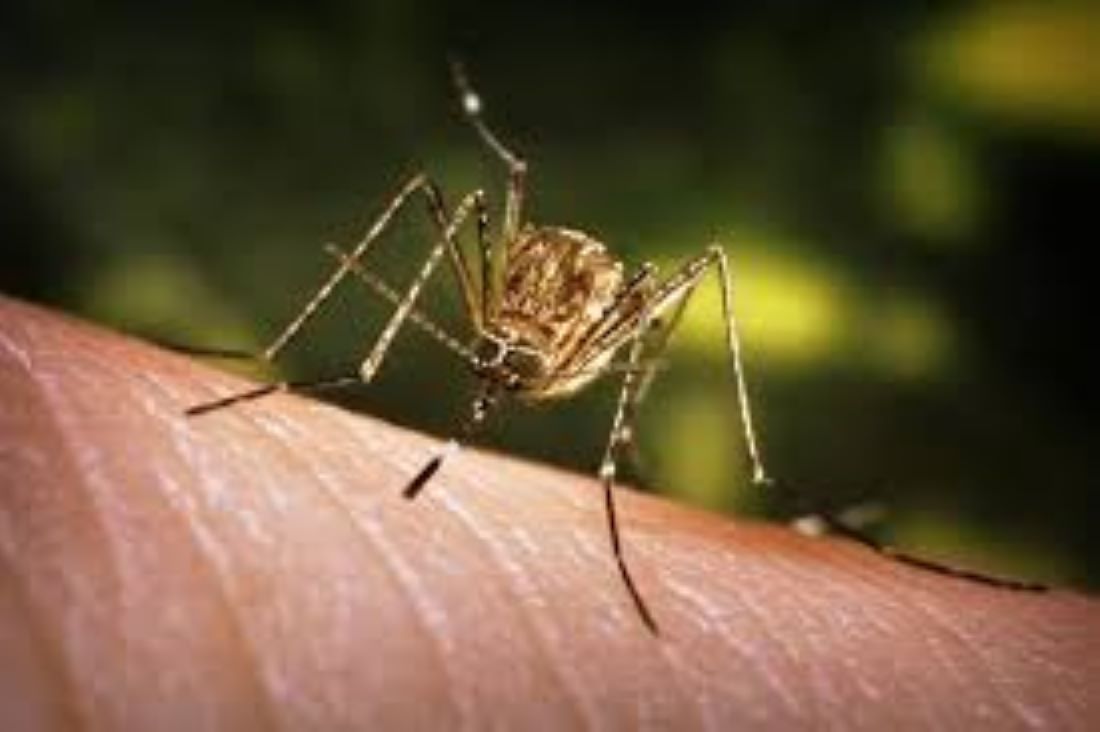
Kathmandu, Sept 12: The number of deaths from Japanese Encephalitis (JE) has reached nine since the start of this year’s monsoon season. According to the Family Welfare Division (FWD) under the Department of Health Services, there have been 53 reported cases of Japanese Encephalitis since July 30.
This year has seen an increase in deaths compared to last year, which recorded six fatalities. Dr. Abhiyan Gautam, chief of Child Health and Immunization Services, reported that deaths have occurred in the following districts: three in Kailali, two in Sunsari, and one each in Sarlahi, Palpa, Chitwan, and Kapilvastu.
“The rate of infection of Japanese Encephalitis is high during the months of Shrawan (mid-July to mid-August) and Bhadra (mid-August to mid-September). There has been an outbreak in the Terai region,” Dr Gautam said. “The mortality rate from JE is also high. We have already begun efforts for prevention.”
Although the number of infections this year is lower compared to last year, the mortality rate has increased, according to the FWD. Most of the deceased were individuals who had not received the Japanese Encephalitis vaccine. Among the infected, 29 are children under the age of 15.
“We are administering the vaccine against Japanese Encephalitis. Most of the deaths are occurring among those who have not received the vaccine,” Dr Gautam said.
Japanese Encephalitis is transmitted by female culex mosquitoes. Symptoms of the disease include severe headache, high fever, and inflammation of the brain. Even after treatment, individuals may continue to experience issues such as paralysis.
The FWD has urged the public to get vaccinated against Japanese Encephalitis and to protect themselves from mosquito bites. According to Dr Gautam, the risk of this disease is higher during the monsoon season. Increased humidity and poor sanitation due to flooding during the rainy season lead to a rise in the number of mosquitoes, which increases the risk of infection.
The virus primarily affects pigs and birds, and is transmitted to humans by Culex mosquitoes. The disease can cause severe symptoms including high fever, headache, body aches, and in severe cases, coma.
Health experts have indicated that there is no specific treatment for the disease, but treatment is provided based on the symptoms. The primary method for controlling the disease is vaccination, which is administered to infants at 12 months of age.
To prevent Japanese Encephalitis, doctors advise wearing long-sleeved clothing, maintaining cleanliness around the home, using mosquito nets or repellents, and preventing water puddles.
Dr Gautam urged the public to remain vigilant as the risk of infection remains high until mid-September. He advised contacting the nearest health facility immediately if any suspicious symptoms arise.
Comments